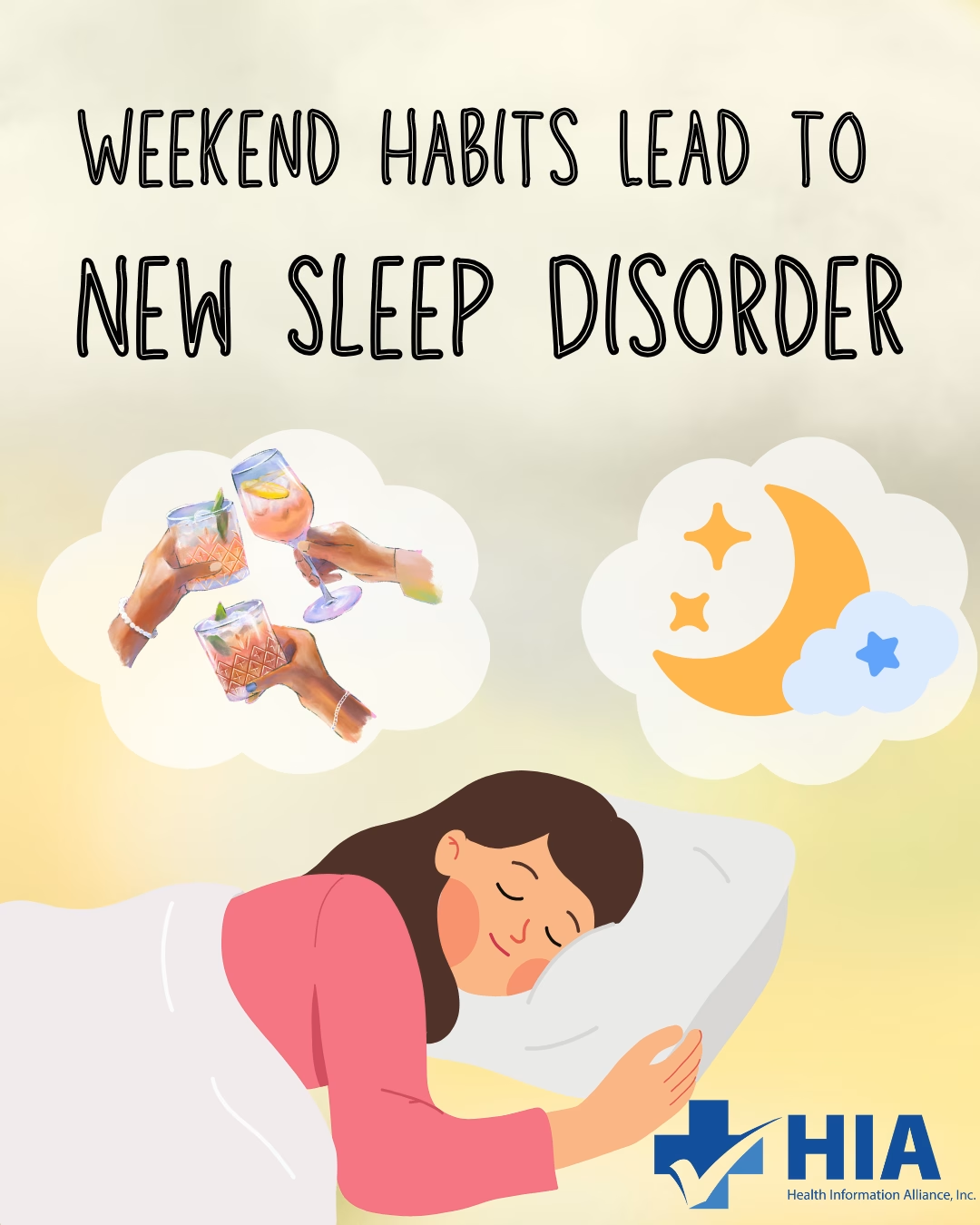Sleep Quality & Insomnia
A good night’s sleep is essential for our overall health and well-being, and lack of sleep can have serious consequences, including an increased risk of cardiovascular disease. Studies have shown that people who suffer from insomnia, a common sleep disorder, are more likely to develop cardiovascular problems, such as heart attacks and strokes, than those who sleep well.
Insomnia is characterized by difficulty falling or staying asleep, waking up frequently during the night, or waking up too early and not being able to fall back asleep. While occasional bouts of insomnia are common, persistent insomnia can lead to chronic sleep deprivation and have serious health consequences.
One way that insomnia can contribute to cardiovascular disease is by increasing inflammation in the body. Chronic inflammation is known to be a risk factor for a number of health problems, including heart disease. Sleep deprivation has been shown to trigger the release of inflammatory cytokines, which can contribute to inflammation throughout the body.
Insomnia can also have an impact on the autonomic nervous system, which controls the body’s automatic functions, such as heart rate and blood pressure. Studies have found that people with insomnia may have an overactive sympathetic nervous system, which can lead to higher blood pressure and an increased risk of heart disease.
In addition to the effects of insomnia on cardiovascular health, poor sleep quality can also have a negative impact on quality of life. A study published in the journal Sleep found that sleep quality is more important than sleep quantity when it comes to overall health and well-being. The study found that people who reported poor sleep quality were more likely to experience symptoms of depression and anxiety, as well as have lower levels of overall happiness and life satisfaction.
One factor that can contribute to poor sleep quality is social jetlag, which occurs when a person’s sleep schedule on workdays differs significantly from their sleep schedule on weekends or days off. Social jetlag can disrupt the body’s circadian rhythm, which can lead to poor sleep quality and contribute to a number of health problems.
Fortunately, there are steps that people can take to improve their sleep quality and reduce their risk of cardiovascular disease. One important step is to establish a regular sleep routine and stick to it, even on weekends and days off. It’s also important to create a sleep-conducive environment by keeping the bedroom cool, quiet, and dark.
Other tips for improving sleep quality include avoiding caffeine and alcohol in the hours leading up to bedtime, avoiding electronics in the bedroom, and engaging in relaxation techniques, such as deep breathing or meditation, before bed. Regular exercise can also improve sleep quality, but it’s important to avoid vigorous exercise too close to bedtime.
In conclusion, getting enough high-quality sleep is essential for maintaining good health and well-being. Insomnia and poor sleep quality can have serious consequences for cardiovascular health, as well as overall quality of life. By taking steps to establish good sleep habits and creating a sleep-conducive environment, people can improve their sleep quality and reduce their risk of developing serious health problems.
References:
“Cardiovascular Health: Insomnia Linked to Greater Risk of Heart Attack.” Medical News Today, MediLexicon International, https://www.medicalnewstoday.com/articles/cardiovascular-health-insomnia-sleep-heart-attack-risk.
“Sleep Quality May Be More Important for Quality of Life than Duration.” Medical News Today, MediLexicon International, https://www.medicalnewstoday.com/articles/sleep-quality-more-important-for-quality-of-life-than-duration-social-jetlag#Tips-for-better-sleep.






